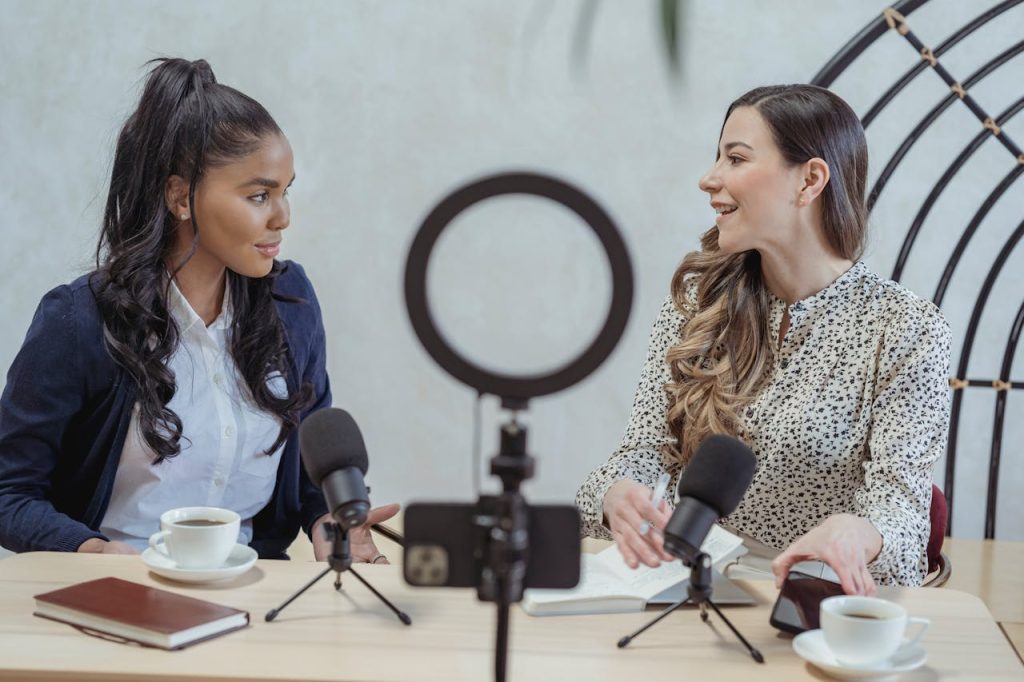
Through the introduction of NIL, collegiate athletes have unprecedented opportunities to monetize their personal brands. From launching businesses to creating online courses, athletes are finding innovative ways to leverage their fame and influence. Outside of traditional sponsorships, there are a ton of ways that athletes have harnessed the power of NIL. Here’s a look at some of the most creative uses of NIL by current and former collegiate athletes.
Creative Ways Athletes Have Monetized Their NIL
1. Starting Businesses and Ventures. Several athletes have capitalized on their NIL to launch successful businesses. Olivia Pichardo, a softball player at Brown University, is a notable example. She co-founded “The Pichardo Collection”, a fashion line inspired by her love for sports and fashion. By merging her passion with business acumen, Olivia has created a brand that resonates with young athletes and fashion enthusiasts alike. Her story highlights how athletes can blend personal interests with entrepreneurial spirit to build thriving businesses.
Another compelling example is Nico Mannion, a former basketball star at Arizona. Mannion launched “Mannion’s Mobile”, a food truck business specializing in healthy, athlete-friendly meals. Leveraging his NIL rights, Nico has not only created a business but also built a community hub where fans and fellow athletes can gather, fostering a sense of camaraderie and support.
2. Launching Clothing Lines. Clothing lines are a popular avenue for athletes to showcase their brands. Derrick Henry, a running back for Alabama, started his line, “King Henry Apparel”, featuring sportswear that blends athletic performance with streetwear style. His collection has quickly gained popularity, attracting fans who want to wear apparel that celebrates their favorite athlete’s legacy.
Similarly, Sabrina Ionescu, a standout basketball player at Oregon and who now plays for the New York Liberty, launched her line, “Sabrina’s Signature Collection”, featuring clothing that reflects her style and personality. From custom sneakers to branded hoodies, Sabrina’s line has become a hit among her followers, showcasing how athletes can turn their personal brand into a fashion statement.
3. Creating Online Courses and Content. Many athletes are using their expertise to create online courses, helping others improve their skills while generating income. Katie Ledecky, the Olympic swimmer from Stanford, developed an online training program, “Ledecky’s Swim Academy”, where she shares her training regimen, technique tips, and motivational content. Her course has attracted swimmers from around the world, making it a valuable resource for aspiring athletes.
Mackenzie Clark, a gymnast from UCLA, launched “Gymnastics with Mackenzie”, an online course offering tutorials and training sessions. Mackenzie’s approach to teaching combines her gymnastics expertise with engaging content, making her course a favorite among young gymnasts looking to enhance their skills.
4. Engaging in Social Media and Influencer Marketing. Social media has become a powerful tool for athletes to connect with fans and promote brands. Paige Bueckers, a basketball phenom at UConn, has leveraged her NIL to become a social media influencer. Through sponsored posts, brand collaborations, and engaging content, Paige has built a significant online presence, promoting products ranging from athletic gear to beauty products. Her ability to connect with a broad audience has made her one of the most sought-after influencers in college sports.
Bo Nix, the quarterback at Auburn, has also capitalized on his social media presence by partnering with various brands. Through sponsored content, Bo shares his daily life, training routines, and brand endorsements, offering fans a glimpse into his world. His approach to social media marketing has not only boosted his personal brand but also provided valuable exposure for the brands he collaborates with.
5. Launching Podcasts and Media Ventures. Athletes are also venturing into the world of podcasts and media. Jordan Bohannon, a basketball player at Iowa, started “Beyond the Arc”, a podcast where he interviews fellow athletes, coaches, and influencers. His podcast has gained a loyal following, providing insights into the lives and challenges of college athletes, while also promoting his sponsors and partnerships.
Simone Biles, the iconic gymnast, launched “Simone’s Spotlight”, a podcast featuring discussions on sports, mental health, and personal growth. Her podcast has not only highlighted her voice but also educated and inspired countless listeners, making it a valuable platform for her advocacy work.
The opportunities for athletes to monetize their NIL are vast and varied. From starting businesses and launching clothing lines to creating online courses and engaging in social media marketing, athletes are exploring innovative ways to turn their passion into profit. These examples demonstrate that with creativity and the right strategy, any athlete can harness their NIL rights to build a successful and sustainable brand. As the NIL landscape continues to evolve, the potential for athletes to innovate and inspire is limitless.